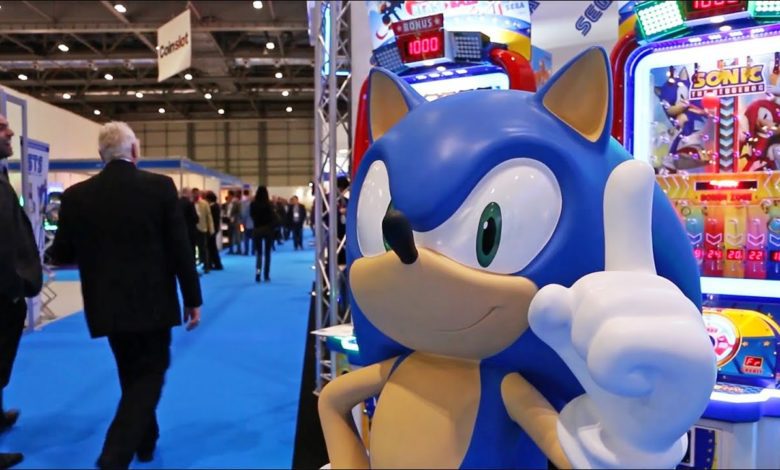
Several weeks ago, U.S. District Judge Richard M. Berman refused to approve a proposed class-action settlement between SEGA Corp. and a man who sued the company, claiming the game is rigged not to award prizes properly.
According to Law360, the New York federal judge rejected the $650,000 settlement a second time, finding that the requested attorney’s fees are still too high, which was one of the primary reasons the judge rejected the first proposed settlement, when SEGA and plaintiff C. Stewart Brown agreed to $850,000 in attorney’s fees.
Additionally, Judge Berman rejected the settlement due to difficulty surrounding the process of notifying class members, which would be incredibly difficult to track down as SEGA sells roughly 90 percent of its Key Master arcades to distributors that sell them to arcades and other businesses. SEGA claims it has no records of where the distributors send them.
The parties suggested notifying potential class members through online banner ads and an ad in People Magazine, according to the report, but the judge rejected that proposal, as well.
“The notice plan remains deficient because the parties provide no estimate as to the percentage of class members that the notice will reach, a crucial factor when evaluating whether a plan constitutes the ‘best notice that is practicable,’” Judge Berman said.
SEGA and Brown attempted to save the settlement by offering a free game download, but Judge Berman rejected that too. “The parties also offer no persuasive proof that a SEGA game download for Subclass B members, ‘rather than providing substantial value to the class … might be little more than a sales promotion for (SEGA),’” Judge Berman said.
Brown originally brought the class-action lawsuit against SEGA in November 2013. C. Stuart Brown claims the game is set to give out prizes at “pre-set intervals” and not when a player actually fits a key into the lock, like the game claims. According to SEGA Amusement’s description of the game, “Key Master will test your player’s skills as they try to unlock prizes by putting the key in “just” the right spot!”
Brown said he paid $10 to play the game and successfully inserted the key into the keyhole twice but wasn’t awarded any prizes. In his suit, Brown claimed “Consumers should be told that succeeding at the game does not guarantee winning a prize.”
A few Internet detectives tracked down the game’s manual and have discovered two key settings that prove the game is rigged. The first is called “compulsory upper deviation,” where the default setting is set to 1.6mm. One person believes this means the key will move 1.6mm higher or lower than the player set it to go. The other setting is called “payout rate,” where the default value is one prize per 700 credits. This is exactly what Brown asserts the game is doing in his lawsuit.

